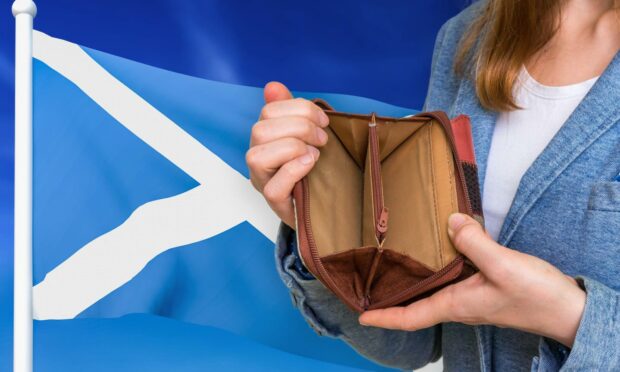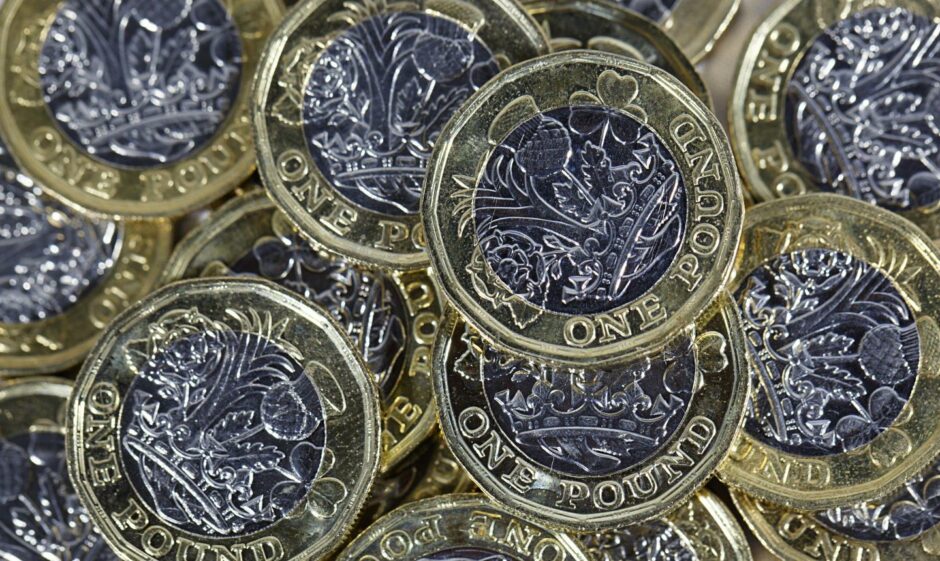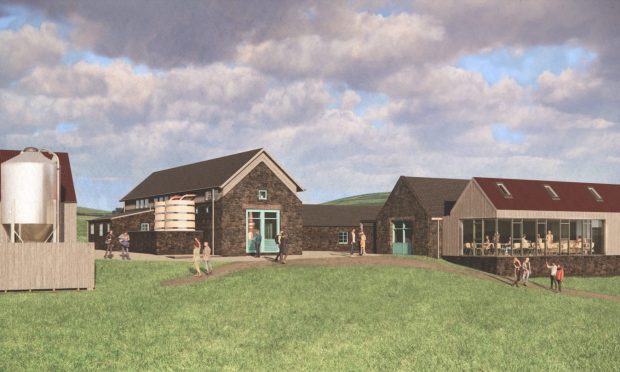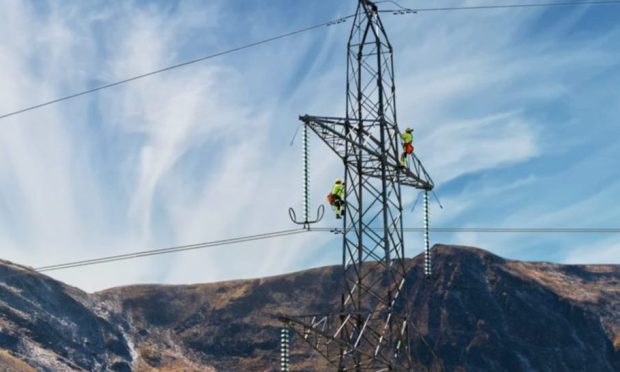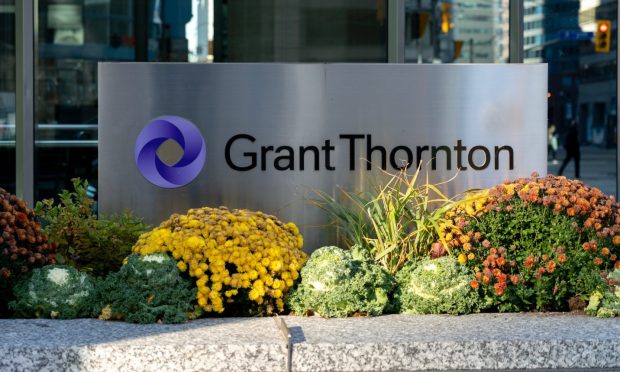An estimated 400,000 Scots may be pulled into poverty by real-term cuts to benefits in April.
The figure is from the Joseph Rowntree Foundation (JRF), a social change organisation trying to tackle poverty throughout the UK.
About nine million British families who receive benefits due to low incomes will be £500 worse off, on average, due to inflation from April, JRF said.
It warned the inflationary impact on benefits could pull 400,000 people into poverty across the UK, including 40,000 in Scotland.
Our social security system should protect people from economic shocks, not put them in danger.”
Chris Birt, associate director for Scotland, Joseph Rowntree Foundation.
Couple families with children in receipt of benefits due to low income will suffer a real-terms cut of £720 per year, while the reduction for pensioner couples is £540, JRF said.
The UK Government will increase benefits by 3.1% just as inflation is expected to hit 7%.
According to JRF, this represents a real-terms cut to the incomes of some of the poorest families in Britain.
It follows a decade of cuts and comes less than six months after a £20 a week reduction to Universal Credit, JRF said.
Chris Birt, associate director for Scotland, JRF added: “At a time when the case for support could not be clearer, the UK Government is choosing to further erode the value of benefits that are already wholly inadequate.
“People on the lowest incomes have already experienced a decade of cuts and freezes, followed by an overnight cut of £1,000 last autumn.
Is crypto a sound investment or a gamble?
Inflation uppermost in the minds of savers in 2022
“The decision not to uprate benefits in line with inflation represents another cut for millions of families whose incomes will now fall even further behind the cost of living.”
Mr Birt continued: “Measures to mitigate rising energy prices from both the UK and Scottish governments failed to sufficiently target support towards this group, making the case for strengthened support through the benefits system even clearer.
“Our social security system should protect people from economic shocks, not put them in danger.”
JRF has called on the UK Government to uprate benefits in line with the Bank of England’s February 2022 monetary policy report forecast of 7% inflation by April as an “immediate first step to help keep up with the rising cost of living”.
Mr Birt added: “Our social security system should protect people from economic shocks, not put them in danger.
“The UK government must change course and ensure benefit levels reflect the higher rate of inflation we are all now experiencing.
“There is no doubt that a failure to do so will lead to hunger, anxiety and debt.”
